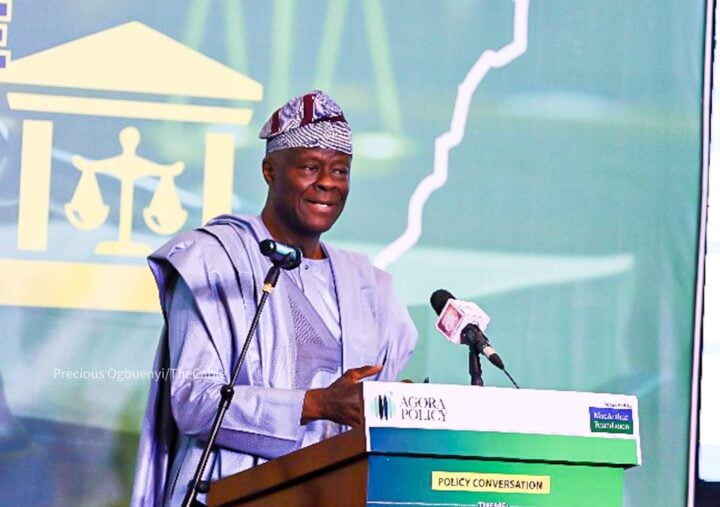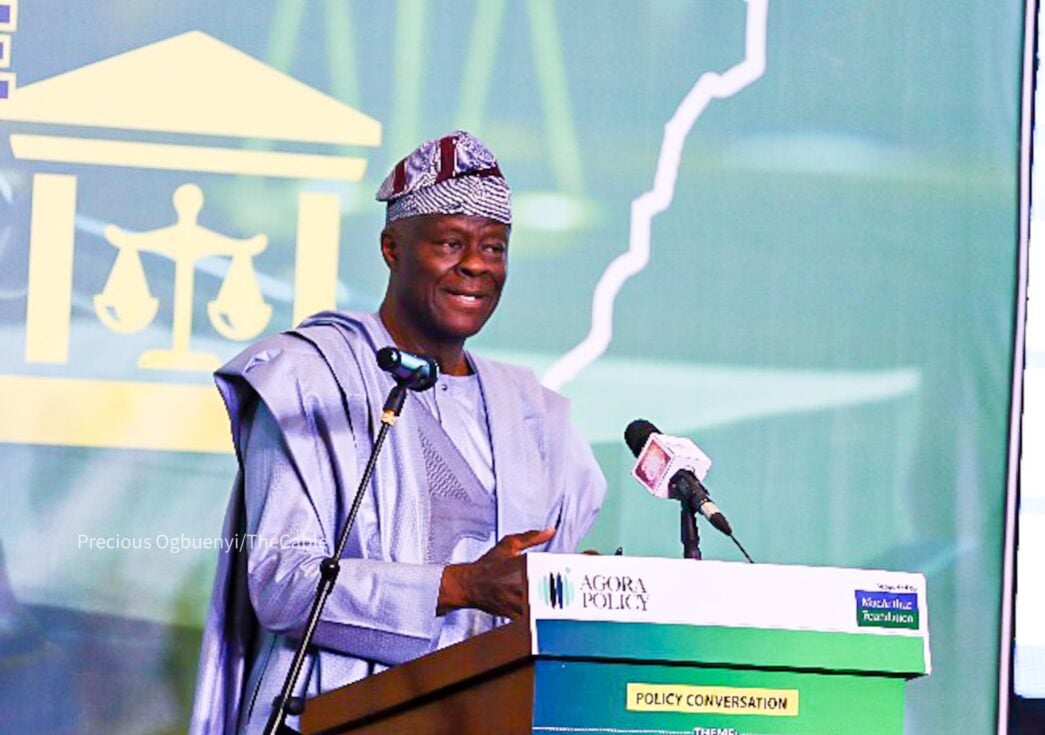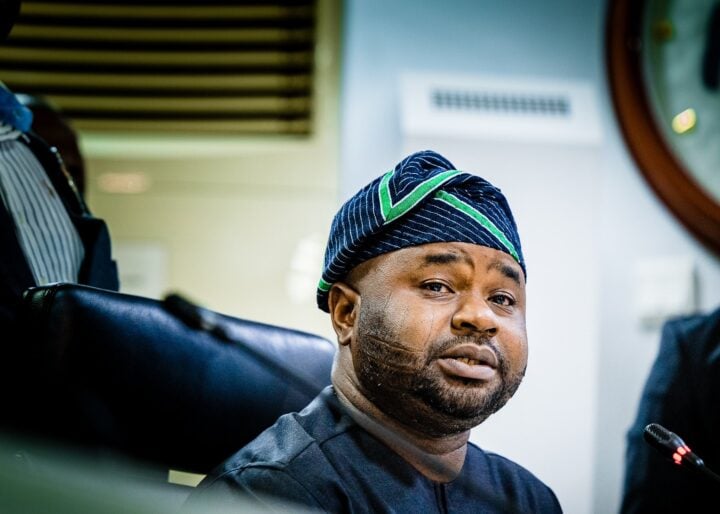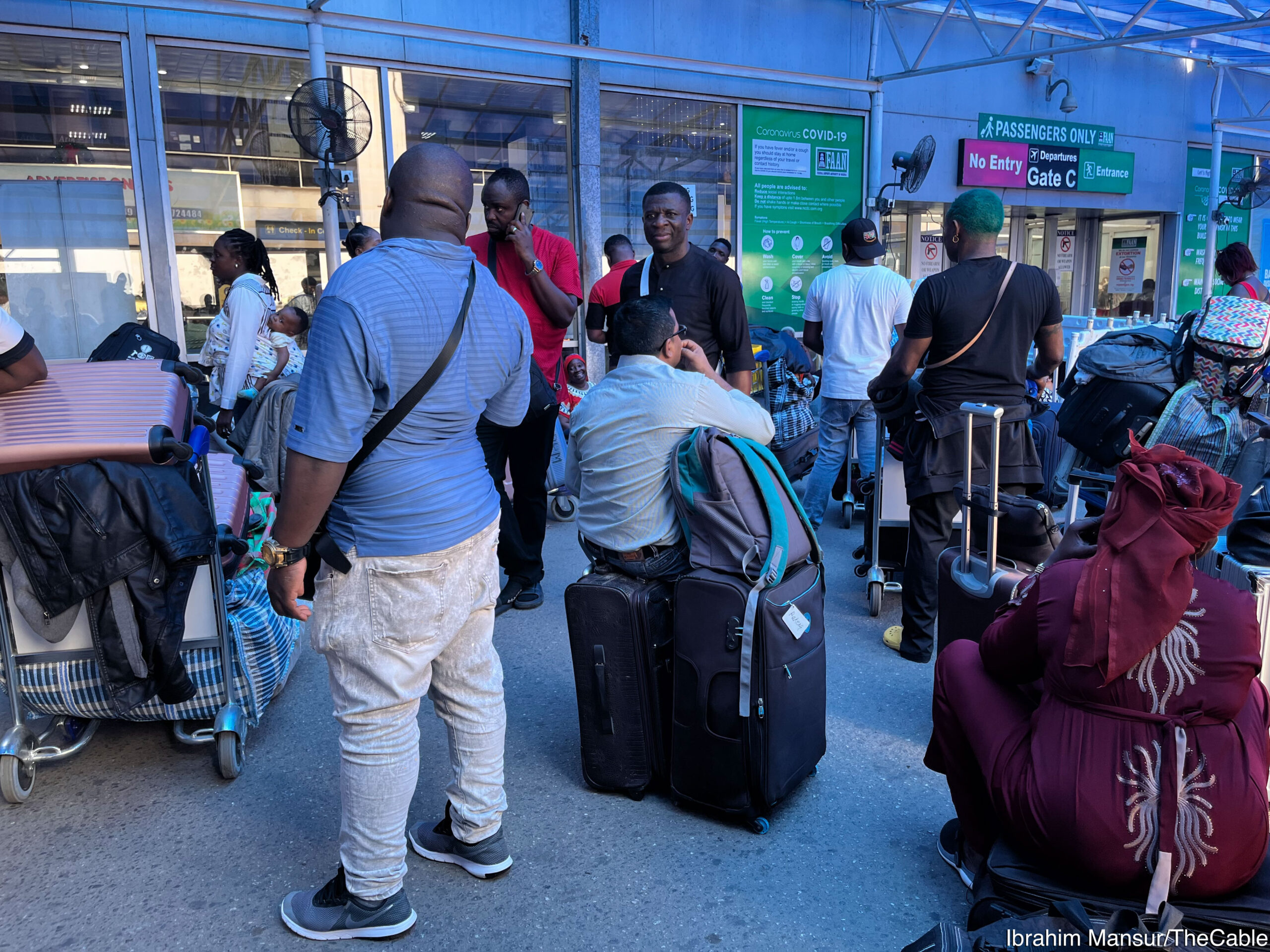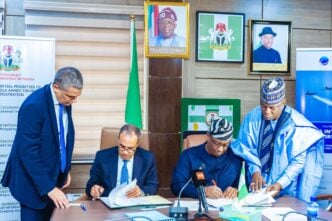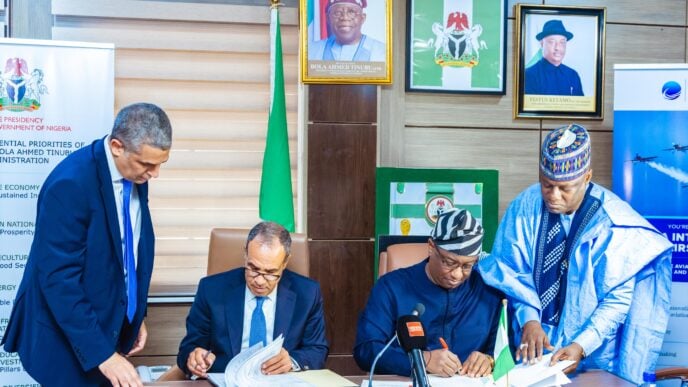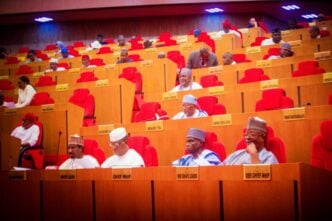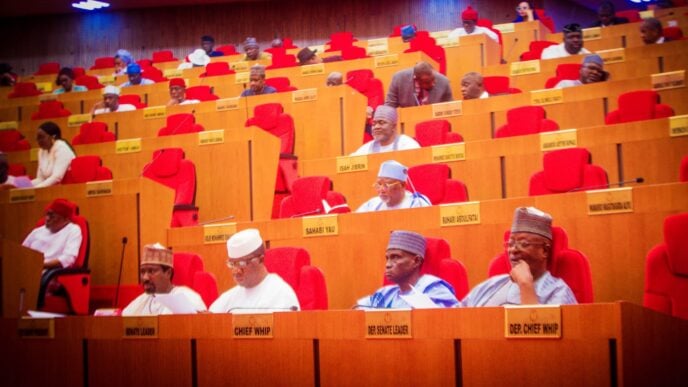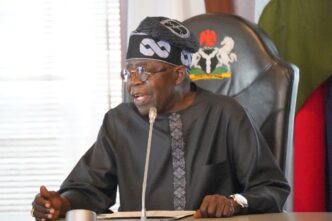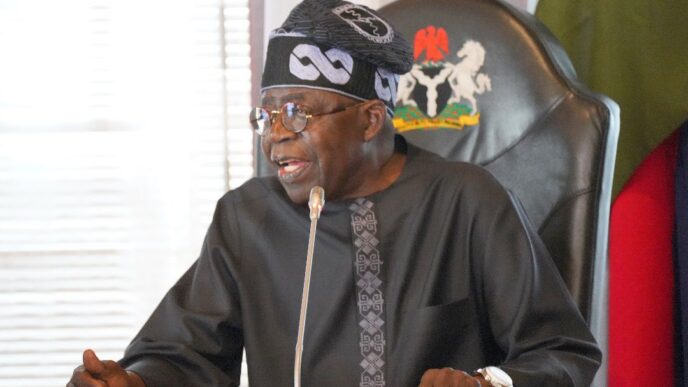Wale Edun, the minister of finance and coordinating minister of the economy, says Nigeria needs to achieve at least a 7 percent annual economic growth to significantly improve the lives of its poorest and most vulnerable citizens.
Edun spoke on Tuesday at a high-level policy dialogue on local government fiscal autonomy in Abuja.
The event was convened by Agora Policy, a Nigerian think tank and non-profit, in collaboration with the Centre for Fiscal Transparency and Integrity Watch (CeFTiP), TheCable, and the MacArthur Foundation.
On July 11, the supreme court affirmed the financial autonomy of 774 local governments in the country when it ruled that the federal government should pay allocations directly to local government councils from the federation account.
Advertisement
Speaking at the event, Edun said President Bola Tinubu’s administration has laid the foundation for economic resilience and macroeconomic stability, with reforms aimed at correcting major distortions.
“We have made the groundwork for stimulating economic resilience, macroeconomic stability, and therefore getting to the next phase,” Edun said.
“And the first phase was removing major macroeconomic disruptions in the form of food pricing, employment growth, market pricing, and employment change.”
Advertisement
Edun said the next phase involves “stabilising the economy, retaining inflation, getting the results, getting the deficit under control, and boosting revenue generally”.
“To really help the poorest and most vulnerable, we need to be doing around 7% per annum,” he added.
The minister underscored the significance of local government fiscal autonomy in delivering on development goals.
He said the supreme court’s judgment mandating democratically elected local governments direct access to their funds is a pivotal moment in Nigeria’s decentralisation journey.
Advertisement
“It is the collaboration, professional determination, and willingness of all to achieve success that will be paramount in ensuring that we achieve what those justices of the Supreme Court have laid down for us,” Edun said.
He said ongoing federal initiatives to strengthen local governance include a nutrition programme targeting all 774 LGAs and the “774 local government connectivity project”, focusing on expanding digital infrastructure.
“The construction of critical digital technology to increase connectivity has significantly improved access to markets, both domestic and international, access to education, access to health services, and thereby fostering inclusive economic growth,” he said.
‘AUTONOMY MUST DELIVER RESULTS’
Advertisement
On his part, Victor Muruako, executive chairman of the Fiscal Responsibility Commission (FRC), called on local government authorities to prioritise transparency and accountability in implementing their fiscal autonomy.
“I passionately urge all local governments in Nigeria to preface the implementation of their autonomy with clear commitments to fiscal transparency, accountability, and prudence,” Muruako said.
Advertisement
He advised councils to approach borrowing with caution.
“With fiscal and financial autonomy, local governments now have the opportunity to approach banks and other financial institutions for borrowing to fund development projects. I strongly advise LGAs to exercise caution and adhere strictly to the terms, conditions, and limitations outlined in the FRA to ensure sustainable fiscal management.”
Advertisement
Muruako, who previously chaired a local government council and held positions within the Association of Local Government of Nigeria (ALGON), said strengthening fiscal governance at the grassroots is key to human development.
“The goal of local government autonomy is not autonomy for its own sake, but autonomy that delivers tangible results for our citizens,” he added.
Advertisement
Also speaking, Ojobo Ode Atuluku, chair of Agora Policy, said Nigeria must go beyond legal pronouncements to dismantle entrenched patronage systems, reform electoral processes, and rebuild local councils into transparent, accountable, and citizen-driven institutions.
“If we are truly committed to restoring the promise of local democracy, then we must pursue a roots-and-branch reform of our local governance system,” Atuluku said.
She announced the forthcoming launch of the local governance accountability (LGA) portal, an online platform to track FAAC allocations, elected LGA officials, and local government profiles since 1999.
“It will be a powerful tool for a genuine local governance systems development,” she said.
Atuluku said the event was part of an ongoing journey to ensure that Nigerians feel the impact of governance at the grassroots.
